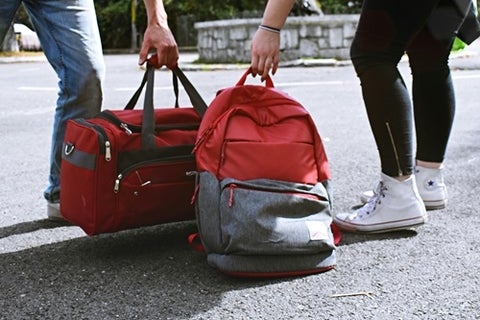Moving to a new country can be challenging, but the International Student Guide (ISG) is here to help.
What is the ISG?
It's our go-to resource for new international students at Waterloo. Adjusting to a new culture takes time, but we’re here to help make your transition as smooth as possible!





